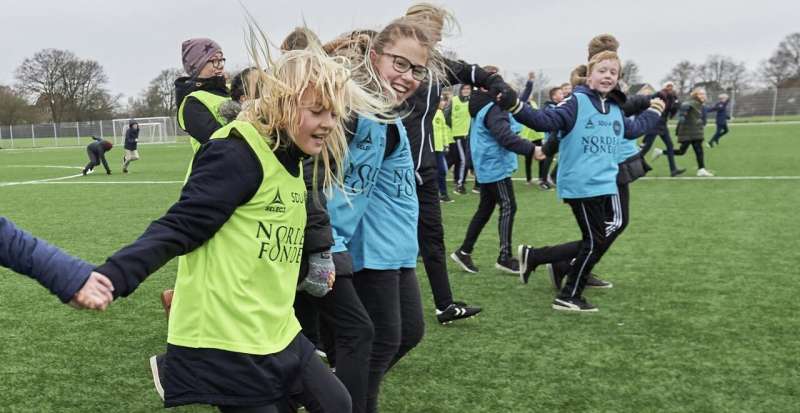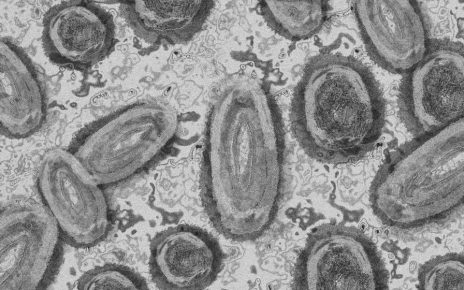
Knowledge about health is a cornerstone in a child’s development of physical and psychosocial health.
Since 2016, around 25,000 pupils in years 4-6 in 86 of Denmark’s municipalities have taken part in the project “11 for Health in Denmark”, an 11-week exercise and health education program offered to all schools in a collaboration between the University of Southern Denmark and the Danish Football Association.
More than 3,000 of these pupils completed questionnaires before and after the program aimed at determining their knowledge about health and understanding their experience of the 11-week program.
An increase of 10 percentage points in health knowledge
The main article from this study, which has now been published in leading sports science journal the British Journal of Sports Medicine, confirms that the program is meeting its key objectives:
“The participating children increased their knowledge about health in the areas of diet, exercise, hygiene and wellbeing to a greater extent than the control group, which followed the originally planned lessons in the 11 weeks between the questionnaires. There was a difference between the groups of more than 7 percentage points for both boys and girls, and in a number of key health areas the difference was more than 10 percentage points,” says postdoc Malte Nejst Larsen, the article’s lead author.
“The idea that children learn best if they can connect the learning to relevant activities is not new, but it’s rare for such large studies to be carried out in real-world schools—and with such unambiguous results,” he says.
Physical activity during coronavirus
The “11 for Health” concept was developed long before the coronavirus epidemic, but it has proven effective in relation to all the current challenges around health, fitness, physical activity, wellbeing and knowledge about hygiene.
The latest results show very clearly that it is possible to combine health learning with exercise that is fun, motivational and inclusive for all children—including those who have very little experience of sport. A good example is that the children doubled their knowledge about hand hygiene through the program.
This was explained by the project’s lead researcher Professor Peter Krustrup of the Department of Sports Science and Clinical Biomechanics at the University of Southern Denmark, who stresses that there was record-high participation in autumn 2020.
The researchers are also, therefore, delighted that the Nordea Foundation (Nordea-fonden), which has been supporting the project since 2018, has extended its support through to summer 2021. The project group is currently seeking funding for an ambitious expansion of the concept and a research study of the concept’s long-term effects.
Both boys and girls like the project
The article also provides data on the children’s opinion of the program. These show very encouragingly that the girls rate the program just as highly as the boys (4 on a scale of 1-5), despite the fact that the girls generally have considerably less experience of football than the boys.
Bent Clausen, Vice President of the Danish Football Association with a focus on amateur football, is delighted about this:
Source: Read Full Article



